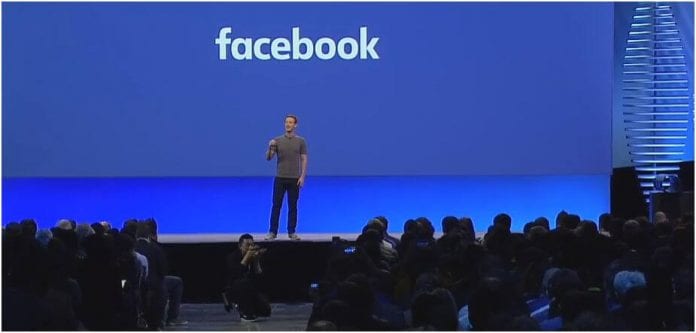The recent decision of the California appeals court ruled out that the companies can now use federal hacking laws against those who access their website when they have been told not to.
It was the case involving a law that seeks civil and criminal remedies against those who access the company’s website without their permission, Facebook was a party in this matter, and the court ruled out in its favor.
The other party to the case was Power-Ventures, a defunct startup which tried to start a social network of their own back in the year 2012. They also made a promise that the first 100 people who will bring 100 new friends to their network, will win $100.
The dispute between these two parties arose when Power.com was using Facebook’s internal messaging to send a series of messages and email to invite friends for the sign-up process. Facebook tried to cut off Power’s access to its website and also sent a cease-and-desist notice to Power asking them to stop using their network.
However, despite the warning from Facebook, Power continued to coax its way into Facebook’s platform for sending an email to the users that appeared to be coming from Facebook. When the matter went to the federal court, a federal judge awarded $3 million to Facebook on the ground that Power has violated an anti-spam and an anti-hacking law which comes under the Computer Fraud and Abuse Act (CFAA).
Power appealed against the judgment of the federal court and the Electronic Frontier Foundation also intervened into the matter warning the court that, it has applied the CFAAA law too broadly. The 9th Circuit Court of Appeals in its unanimous decision given by a three-judge bench ruled out that, Power had violated the CFAAA because they did not stop using Facebook’s website even when they were explicitly warned to stop.
A Facebook spokesperson said that the court ruling confirms that Power and Vachani will be held liable for accessing Facebook’s system without authorization, and they will continue to pursue damages and available reliefs.
However, not everyone is happy with court’s ruling. Orin Kerr a professor at the George Washington University, who has been closely watching the case and wrote extensively on the matter, said that the ruling is too broad.
For a bit of good news, the appeals court has not upheld the part of lower court’s decision; that concluded Power had violated anti-spam laws. The case will now be heading back to the lower court awaiting a new ruling for damages in the matter.









